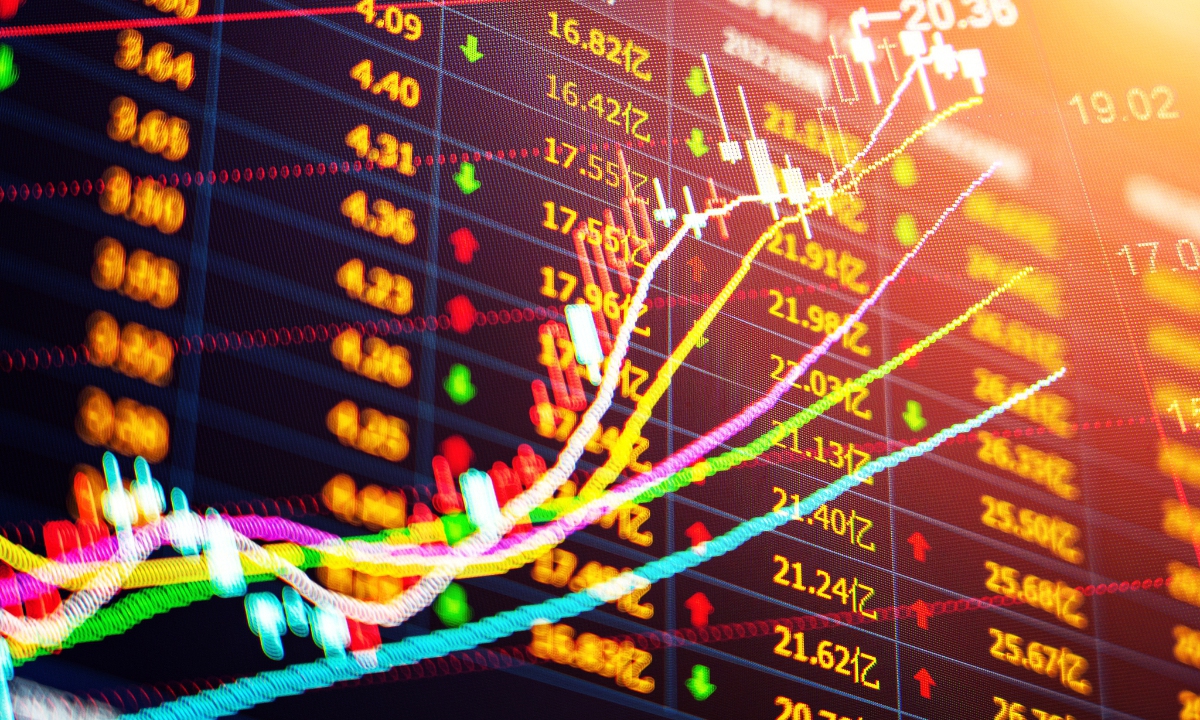
Stock market Photo:VCG
Sunday marked the 10th anniversary of the mutual access mechanism connecting capital markets in the Chinese mainland and the Hong Kong Special Administrative Region (HKSAR). Over the past decade,
mk the growing integration between the two markets has deepened, enhancing Hong Kong's unique and increasingly attractive role on the global stage, Financial Secretary of the HKSAR government Paul Chan Mo-po said.
This innovative mechanism for facilitating two-way capital flows between the Chinese mainland and global markets has allowed international investors to directly and conveniently access mainland markets through Hong Kong, benefiting from the mainland's economic growth. At the same time, it enables mainland investors to efficiently diversify their assets overseas via Hong Kong, creating mutual benefits, Chan wrote in a blog post published on HKSAR Financial Secretary's website.
Various programs, including the Shanghai-Hong Kong Stock Connect, Shenzhen-Hong Kong Stock Connect, Bond Connect, Cross-boundary Wealth Management Connect in the Guangdong-Hong Kong-Macao Greater Bay Area and Swap Connect, have been introduced one after another with thriving development over the past 10 years.
The average daily trading value of mainland investors buying and selling Hong Kong stocks through the programs reached 38 billion yuan ($5.25 billion) in the first three quarters of this year - a 40-fold increase compared with that of the first month after the launch of the Shanghai-Hong Kong Stock Connect in 2014, Chan noted.
As for overseas investors trading mainland stocks northbound through Hong Kong, the average daily turnover in the first three quarters reached 123 billion yuan - a 21-fold increase from the first month of the program's launch a decade ago. About 77 percent of the total value of mainland stocks held by foreign investors is now purchased through the mutual access program.
This mechanism continues to expand. In April, the China Securities Regulatory Commission announced moves to enhance the arrangement, such as expanding the eligible product scope of equity exchange-traded funds under Stock Connect.
As an international financial hub, Hong Kong continues to serve as a vital link between mainland and global markets, attracting investors and financial institutions worldwide, Liang Haiming, chairman of the Hong Kong-based China Silk Road iValley Research Institute, told the Global Times on Sunday.
"With the rapid rise of fintech, Hong Kong is actively embracing digital transformation to support innovative businesses and technological advancements. The development of the Guangdong-Hong Kong-Macao Greater Bay Area provides new growth opportunities, fostering regional financial cooperation and resource sharing," Liang said.
The HKSAR government and regulatory authorities are consistently improving the market environment to draw more international financial services providers, Liang said, noting that the future of Hong Kong's financial sector remains highly promising.
Chan emphasized that, in addition to strengthening ties with traditional Western markets, Hong Kong must also connect with emerging markets with large populations and high economic and income growth.
Chan also mentioned that efforts will continue to expand and deepen the mutual access mechanism, allowing Hong Kong to play a more prominent role as a "firewall," "testing ground," and capital-leading platform in the opening-up and development of the nation's financial market. Additionally, Hong Kong will leverage this unique advantage to cautiously advance the internationalization of the Chinese currency yuan.

